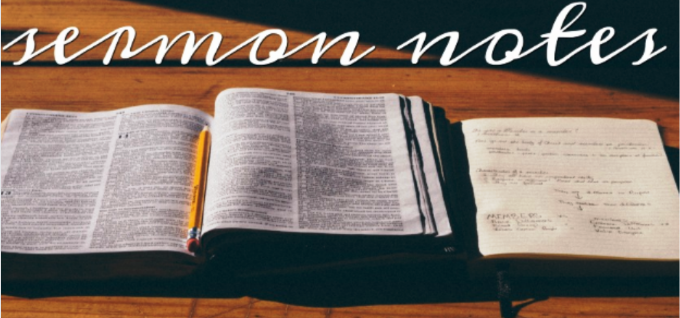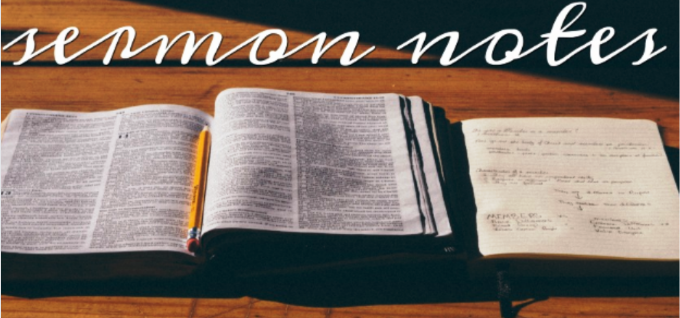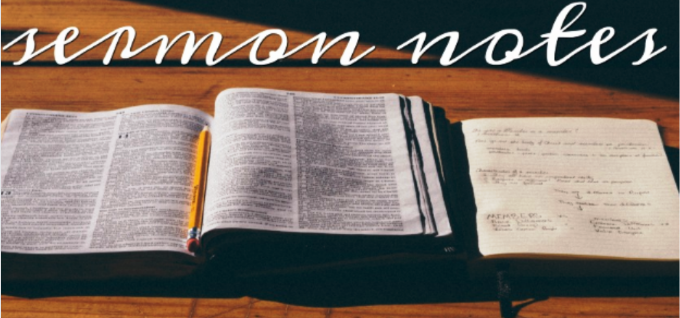
“Embrace the Suck”
Father Peter Fitzgibbons
June 14 – 15, 2025
Gospel: John 16:12-15
A number of years ago, I was having dinner with some priests, and there was one priest who was complaining a lot. He was not a happy camper and was having a very bad year. Finally, the smart-aleck in me came out and I said to him, “Father, come down from the cross. We need the wood.” He did not appreciate my insight. We all have bad days. We let off steam by voicing our discontent with situations, and that’s okay. It’s normal. Saint Paul did that; he complained about the thorn in his flesh and the cross he had to carry. He asked the Lord to take the cross from him, and the Lord said, “No. My grace is sufficient for you, for my power is made perfect in weakness” (2Corinthians 12:9). Then Paul understood: “Now I rejoice in my sufferings for your sake, and in my flesh, I complete what is lacking in Christ’s afflictions for the sake of his body, that is, the church” (Colossians 1:24).
Sometimes our crosses are primarily in one part of the body. However, when your foot hurts, your whole body is sick. If you have a headache, your whole body is sick. Whatever part of the body is sick affects the whole body. Some of our crosses can be long crosses that we have to carry all our lives. For example, my parents gave me good looks but no money, and it really sucks to be poor! Other crosses can be temporary, like going to the gas chamber. As we say in the military, “embrace the suck.” We can laugh about it afterward.
So, we have an opportunity to participate in Christ’s redemptive acts by joining our suffering to His. Just like the Blessed Mother, who, along with Saint John and Mary Clopas, watched her Son die on the Cross. Each day, we have the sublime opportunity to participate in the redemptive power of Christ. We can embrace our crosses and offer them up as penance for our own sin and in union with the Most Holy Sacrifice of the Mass. The Sacrifice on the Crucifix is always before the Father in Heaven pleading for us and for everyone. We gain strength from His sacrifice, so that we can offer up our suffering for ourselves and for others. The beautiful part is that we do not have to like our sufferings. When I had Covid, I offered it up every day. Did I find it enjoyable? Did anyone around me find it enjoyable? Not likely. When I’m sick, give me a cigarette and a luger, and I will do the honorable thing. I came over here to the church to walk and say my prayers, meditate, and say the Rosary. I thought I was a tough guy. I made it halfway around the church and had to sit down. Did I enjoy the four to six weeks I was sick? Nope. Although it was very slimming because I lost my appetite. But I offered it up because I knew it would do some good. Did I like it? Oh, hell no. But it would help others, and that was what was important.
Some people are given gifts so that they can help others financially or materially. They may be gifted in a trade, and that’s wonderful. The Misfits don’t let me handle power tools. I won’t forget that, Bob. That really hurt. We all have different gifts to use in building up the Body of Christ. Offer up all your sufferings to the Savior for the salvation of souls. We can be coworkers with Christ in the mission of redemption. How marvelous that gift is! But like many great gifts, it is hidden below a bunch of garbage. Who would think that having illnesses and suffering is a good thing? None of us. But it is and it can be a wondrous thing. I remember one man who was a major in the 101st Airborne. His mother-in-law was suffering from end-stage ovarian cancer. Her last wish during her final days was to eat a hamburger. That was the only thing she wanted. Her son-in-law, who thought he was a tough guy, said, “Lord, I will take her pain for a day so that she can have a hamburger.” The next day, she had a hamburger. That same day, her son-in-law was in the hospital at Fort Campbell. He took all her pain upon himself. Sometimes the results are immediate when we take another person’s pain upon ourselves, but they are always work.
Now, there is one important caveat in all of this. We do not have to like our sufferings, and because we offer them up each day doesn’t mean they become more enjoyable. But we offer them up, and we know intellectually and spiritually that our sufferings are doing good. They are redemptive not only for us but for others. Never lose sight of that. “Oh God! I’m so happy because I’m suffering!” Uh-Huh. We have pills for that. Take all your sufferings and join them with the sufferings of Christ for the salvation of souls. Some of your pain may go away. I don’t know, but sometimes that happens. This is how we can join Christ. We can become part of Christ’s Sacrifice by truly joining our sacrifice with His.
How will you apply this message to your life? _________________________________________
You can read all of Father Fitzgibbons’ sermons by going to AnnunciationCatholicAlbemarle.com, clicking on “Blog,” then “Categories,” and then “Sermon Notes.” On a cell phone: click on “Blog” and then “Menu.” Scroll to the bottom and click on “Categories.” Sermon Notes are also available on the Church’s Facebook page at OLA.Catholic.Church. Click on “Groups” and then “Sermon Notes.






